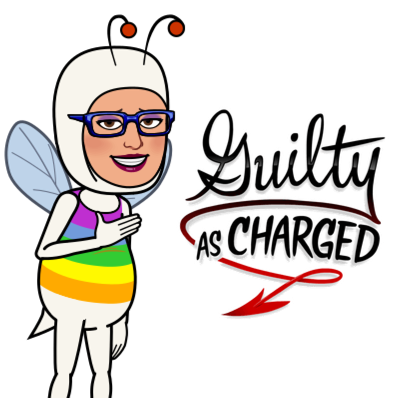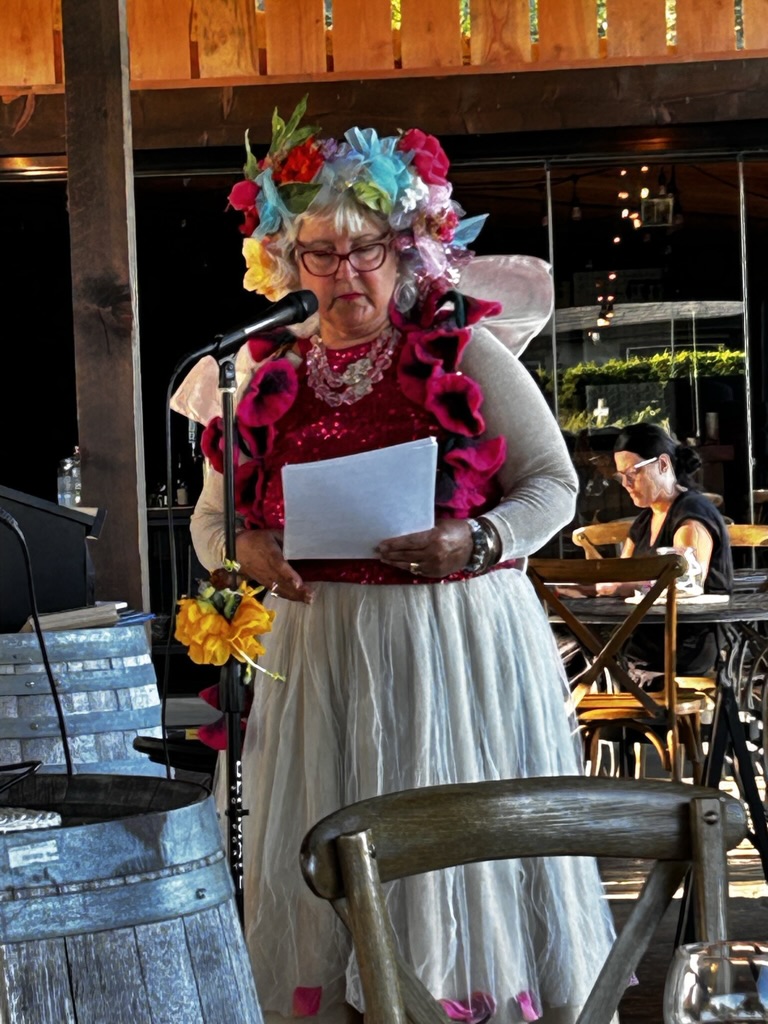I am working my way through the Medical Intuition Course authored by Caroline Myss and Norm Shealy. It’s interesting that I’m finding the time to complete it during a time of year that can elicit both brilliant joyful emotions along and great dark shadowy feelings. My previous blog post was headlined with the following: At this time of year, light and darkness ignite an appreciation for beauty and contrast. Maybe this is the best time to look at the dark side of feelings. This blog will look at guilt.
During the Medical Intuition Course, ** Dr. Norm Shealy, points out that he believes that the biggest obstacles in our ability to heal are our feelings of anger, anxiety, guilt and depression. Certainly, as adults, we not only can recognize these dark feelings but unlike children we are better at being able to articulate the hows and whys we might be experiencing these emotions. When these darker feelings surface within our families over the holidays, it might be a good time to make it a teachable moment with kids.
Guilt, like all the shadow emotions, is very complex. It is often the emotion that hides behind the forced smile, gestures to please, gifts of retribution, sharing out of obligation or even the root of manipulation. So often it can embed itself in self-loathing, shame and a cycle of depression. The worst part is that in families so often guilt is used so freely to control the family interactions (attempts to control and the way people respond). It often is the insidious elephant in the room.


Guilt becomes the negative silent simmering stew that in a heartbeat can boil over, as such it is important that we don’t ignore it. Acknowledging guilt and how it is affecting our lives is the first step. Next, we have a choice of ‘stewing’ or we can stop the rumination. Is it easy? No. Yet, by taking baby steps we can build momentum in adopting a more positive detached outlook. How? Why not try some of these strategies with yourself and your children:
- Set reasonable expectations and give up being consumed with perfectionism.
- Be kind and respectful in judging yourself and others. Consider the platinum rule.
- Set boundaries. You don’t have to apologize for setting limits and prioritizing your own limitations (sensory, time, or effort).
- Be respectful honouring the boundaries set by others.
- Someone, (like your children or parents) is not behaving in a way that you agree with DON’T try to manipulate them with guilt.
- When in a disagreement stick to the facts and simple “I” messages. Do not make personal value judgements about another, especially avoid sarcastic humour, and going to extremes in using the dreaded always or never references.
If you are feeling guilt, then consider turning it around by the following:
- Be honest with the person or people involved in those guilty feelings.
- Make amends to those you may have offended. An apology might be in order or maybe taking action that will set a situation right.
- Think long and hard identifying what was the life lesson you were to learn. Often these feelings of guilt are because we were in a situation where we fell short. I’ve always said to my kids, that our lives are a series of lessons to help us grow into better souls. It is our challenge not to just get through these difficulties but to learn from them, because if we don’t learn from them then we will be presented with the lesson again but bigger and more intensely.
Yes, guilt is a complex feeling that can erode away individual self-confidence, self-worth, develop into anxiety and/or depression and ultimately lay the foundation for exceptionally negative interactions with others. Guilt, although seemingly is negative, it has a positive side in that our conscience is tweaked and calls upon us to improve or make things right. If we chat with our families honestly about this shadow emotion then maybe we can be more honest creating stronger relationships.


Quick Take Away Links
A great post not just for parents of toddlers but kids of all ages:
An interesting perspective on guilt:
- https://www.theatlantic.com/magazine/archive/2018/04/how-to-guilt-trip-your-kids/554102/
- https://positivepsychology.com/shame-guilt/
- https://www.psychologytoday.com/ca/blog/peaceful-parents-happy-kids/201704/how-break-the-cycle-shame-your-child
- https://parenting.firstcry.com/articles/helping-your-toddler-cope-with-guilt/
- https://insession.io/the-insidious-effects-of-guilt/
- https://www.betterhelp.com/advice/how-to/addressing-your-feelings-how-to-deal-with-guilt/







[…] In this Season of Gaiety and Love Are You or a Family Member the Sad Clown? Prev Post […]